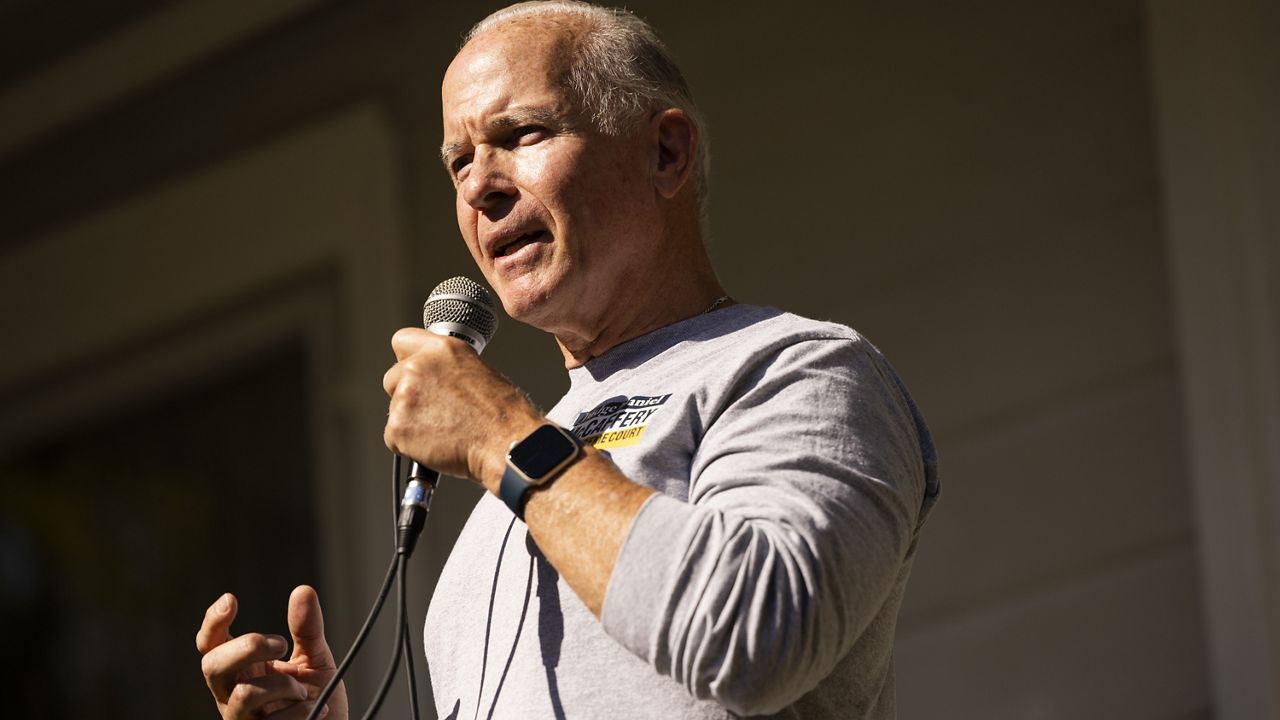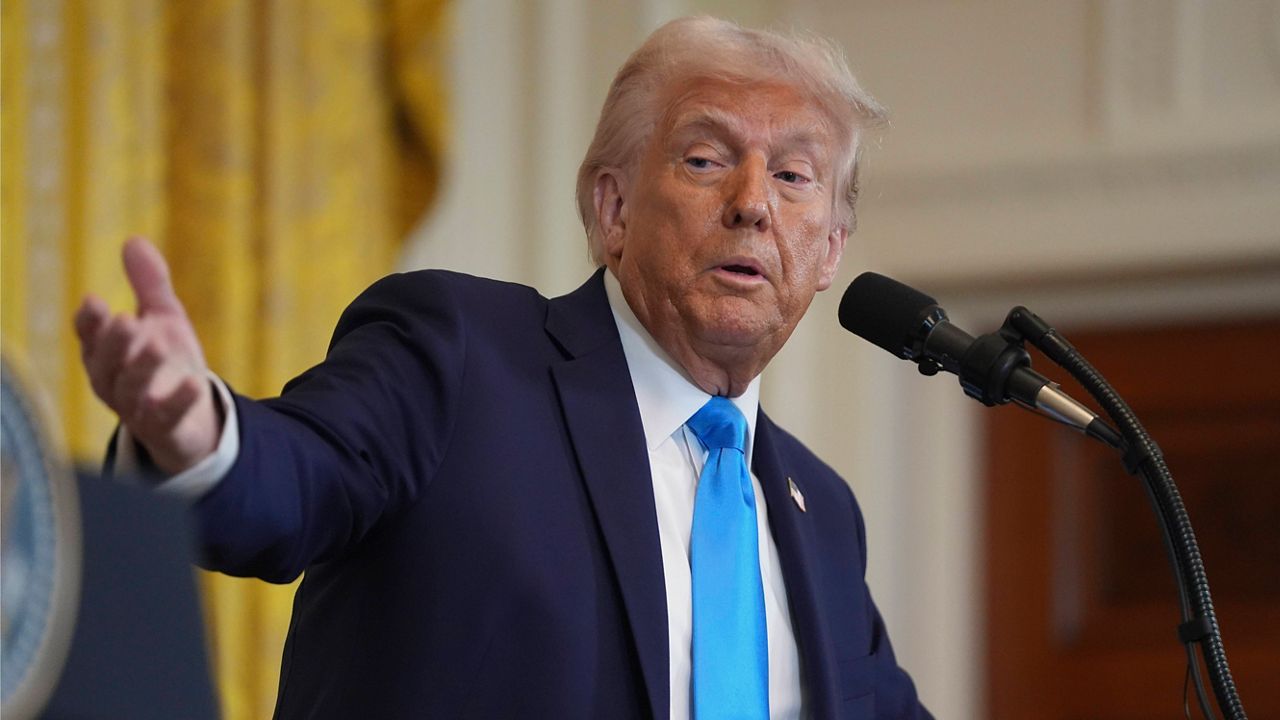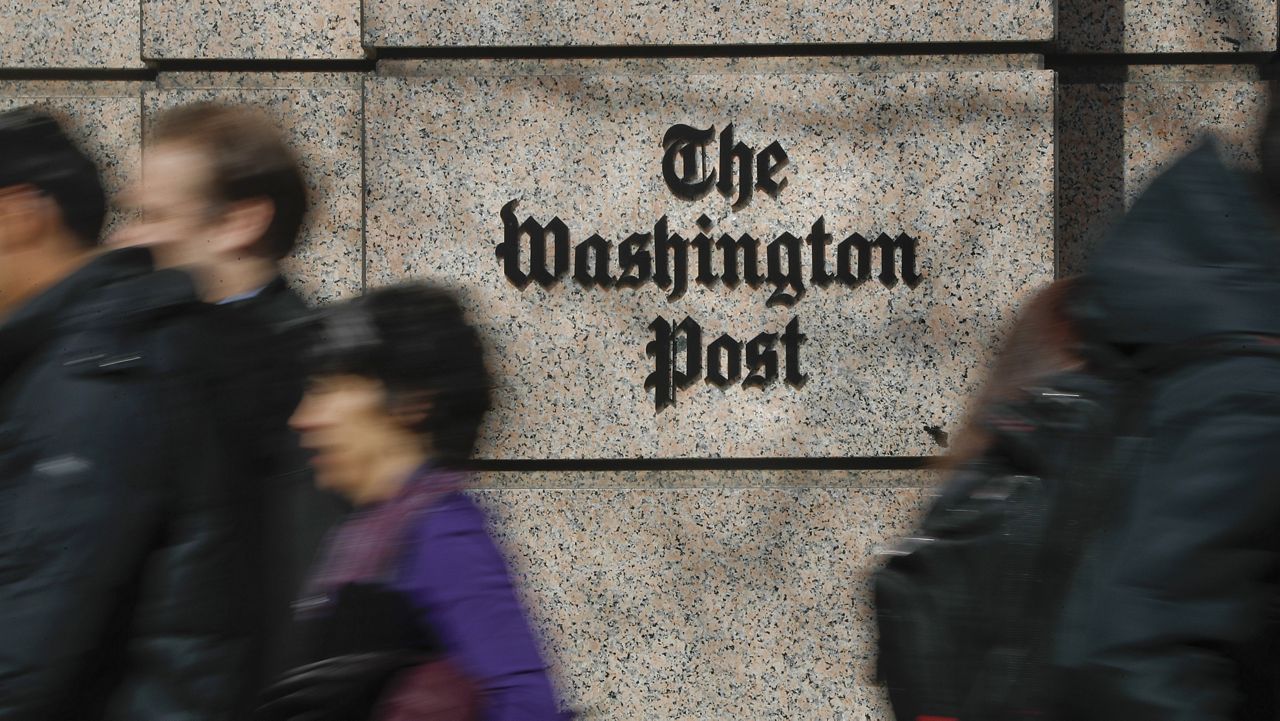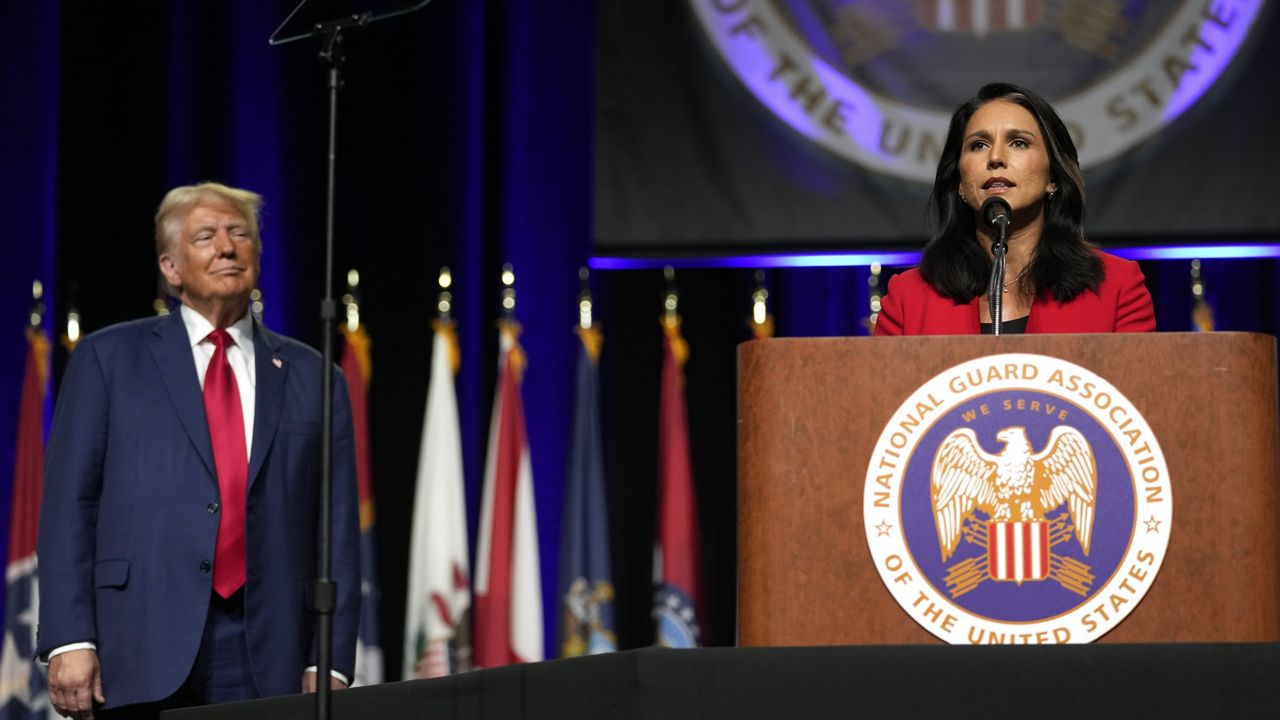Democrat Dan McCaffery won an open seat on Pennsylvania’s Supreme Court in Tuesday’s general election, preserving a strong Democratic majority on a panel that has produced several critical election-related rulings in the presidential battleground state.
The seven-member bench, which will be made up five Democrats and two Republicans, is also at the center of cases on guns and abortion rights — which had a prominent role in the campaign.
McCaffery, a judge who serves on a statewide appellate court, beat Carolyn Carluccio, a Montgomery County judge. Justices serve 10-year terms before they must run for retention to stay on the court.
McCaffery, a former Philadelphia judge and prosecutor, had positioned himself as a defender of abortion rights and other rights that he said Democrats had fought for, but were under threat from the U.S. Supreme Court’s conservative majority.
McCaffery’s victory is the latest for abortion rights proponents in a string of races around the country, including a pivotal state Supreme Court race in Wisconsin where abortion was the top issue.
Like in Wisconsin, Democrats in Pennsylvania’s high court race focused on the U.S. Supreme Court’s decision last year to overturn Roe v. Wade and end nearly a half-century of federal abortion protections — making it a key avenue to attack Carluccio.
Carluccio tried to avoid that debate, saying the issue didn’t belong in the race since state law makes abortion legal through 24 weeks. She sought to avoid publicly expressing an opinion on the issue, though she was endorsed by anti-abortion groups.
More than $20 million — believed to be a state record for a judicial campaign — flowed into the race, much of it from billionaire Jeffrey Yass, who supported Carluccio, and labor unions and trial lawyers that backed McCaffery.
Democrats currently hold a 4-2 majority on the court, with the open seat created by the death last year of Chief Justice Max Baer, a Democrat.
The court is currently examining a challenge to a state law that restricts the use of public funds to help women get abortions as well as Philadelphia’s challenge to a law barring it and other municipalities from restricting the sale and possession of guns.
In recent years the court has issued pivotal decisions on major election-related cases, including throwing out GOP-drawn congressional districts as unconstitutionally gerrymandered and rejecting a Republican effort to overturn the 2020 presidential election in the state after Donald Trump lost to Joe Biden.
It also upheld the constitutionality of the state’s expansive mail-in voting law and settled a variety of voting-related disputes before the 2020 election, spurring an outcry from Republicans.
In one 2020 case, justices ordered counties to count mail-in ballots that arrived up to three days after polls closed, citing delays in mail service caused by disruptions during the COVID-19 pandemic. Republicans unsuccessfully challenged the decision up to the U.S. Supreme Court, which declined to take the case.
The ballots in question — nearly 10,000 in all — were never counted in any federal race, including for president, because the election was certified while their fate remained in legal limbo. State elections officials said the votes weren’t enough to change any results.








